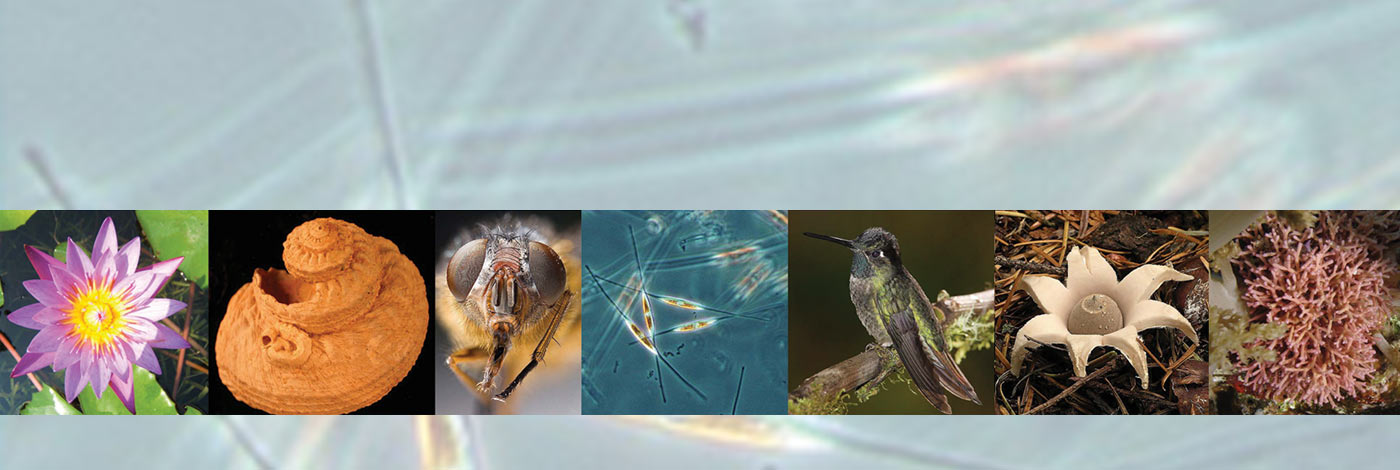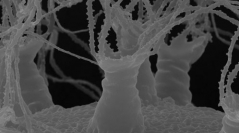

 European Journal of Taxonomy
2017 (327) - Pages 1-19 (EJT-327)
European Journal of Taxonomy
2017 (327) - Pages 1-19 (EJT-327)From a moss sample collected in the Manabí Province in Ecuador, we extracted 96 specimens of a new species of eutardigrade. No eggs were found. In order to obtain eggs, an in vitro culture was prepared. In total, 136 specimens (including ten simplex), one exuvia and 44 eggs (including two with embryos) of the new species were obtained. In addition to the traditional taxonomic description with morphometrics, light and scanning microscopy imaging, we also provide nucleotide sequences of three nuclear (18S rRNA, 28S rRNA, ITS-2) and one mitochondrial (COI) DNA fragments of the new species. Macrobiotus polypiformis sp. nov. belongs to the hufelandi group and is most similar to Ma. paulinae Stec, Smolak, Kaczmarek & Michalczyk, 2015, but differs from it mainly by the lack of dorso-lateral patches of granulation on the cuticle, egg processes with longer and more numerous filaments and in some morphometric characters of both eggs and adults. Moreover, we provide a short discussion on the modifications/abnormalities of the claws in eutardigrades and the possible consequences on the taxonomic status of Mesobiotus armatus (Pilato & Binda, 1996), suggesting its consideration as species inquirenda (with uncertain taxonomic status).
DNA barcoding, Eutardigrada, new species, Neotropic, water bears.